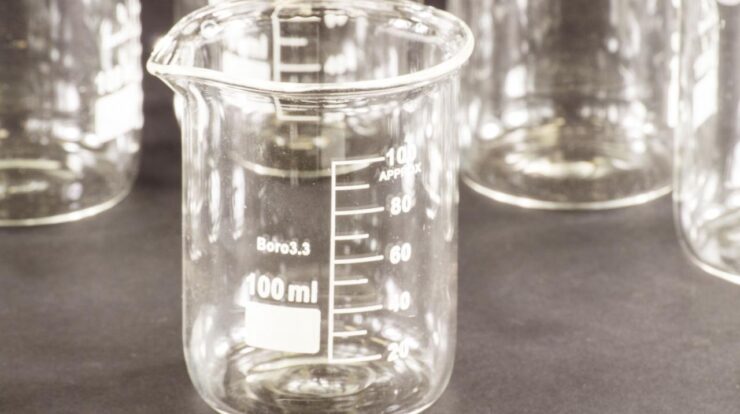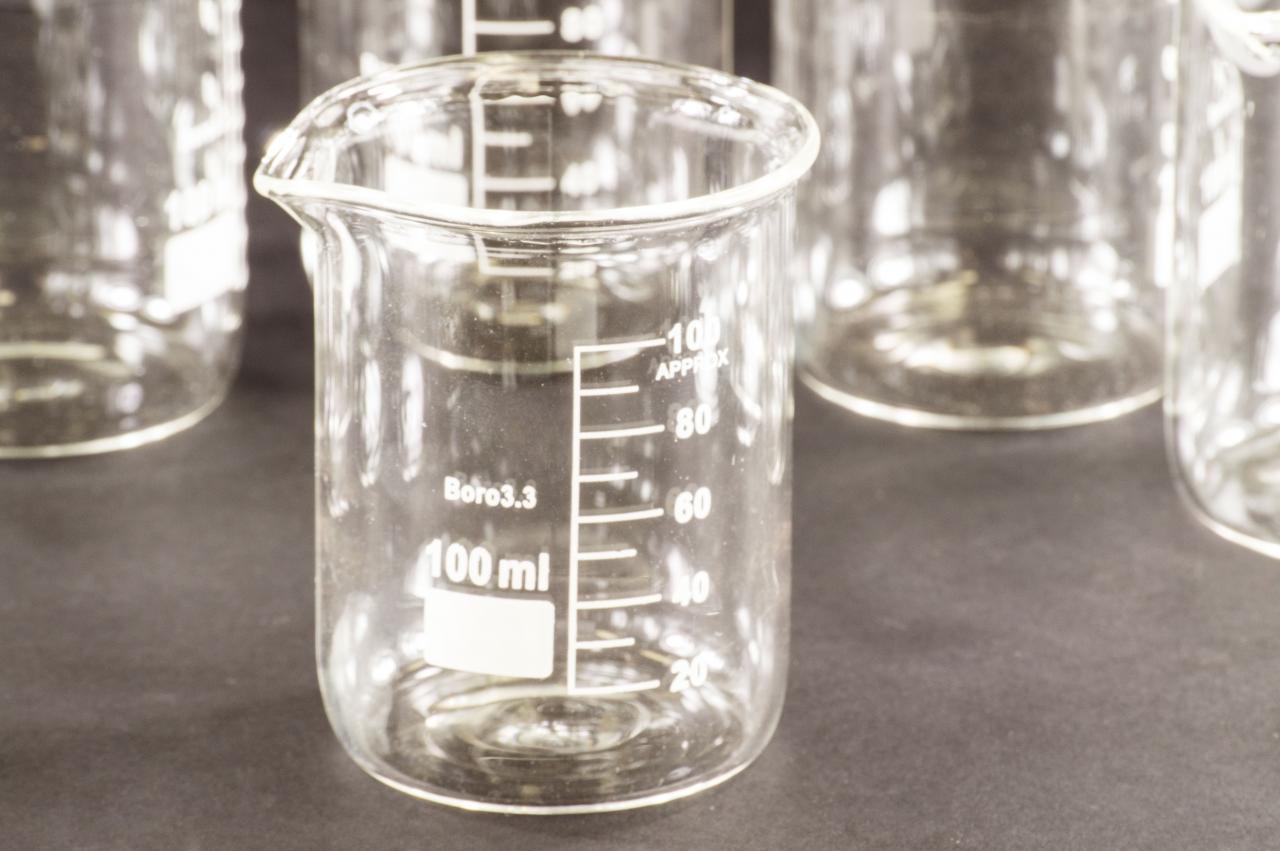
Beaker meaning delves into the world of scientific glassware, where a beaker stands as a ubiquitous tool. Its distinct shape and versatility make it indispensable in various scientific disciplines, contributing to accurate and reliable experiments. From chemistry to biology, beakers play a crucial role in advancing our understanding of the natural world.
This comprehensive guide explores the intricacies of beakers, examining their purpose, construction, applications, safety considerations, and historical evolution. Delve into the fascinating realm of beaker meaning and uncover the significance of this laboratory staple.
Beaker: A Versatile Tool in Scientific Laboratories

A beaker is a widely used laboratory glassware, indispensable for various scientific experiments and analytical procedures. Its unique design and versatility make it an essential tool in chemistry, biology, and other scientific disciplines.
Definition of a Beaker, Beaker meaning
A beaker is a cylindrical glass container with a flat bottom and a pouring spout. It is typically used for measuring, mixing, and heating liquids. Beakers come in a range of sizes, from small ones with a capacity of a few milliliters to large ones that can hold several liters.
Materials Used in Beaker Construction
Beakers are typically made of glass, which is chemically inert and resistant to most acids and bases. Some beakers are also made of plastic, which is lighter and less likely to break. However, plastic beakers are not as resistant to heat as glass beakers.
Applications of Beakers in Science
Beakers are used in a wide variety of scientific applications, including:
- Mixing and stirring liquids
- Measuring the volume of liquids
- Heating liquids
- Precipitating reactions
- Titrating solutions
Safety Precautions When Using Beakers
Beakers can be hazardous if they are not used properly. Some of the potential hazards include:
- Spills
- Breakage
- Chemical burns
Beaker Design and Evolution
The design of beakers has evolved over time to meet the changing needs of scientists. Some of the latest advancements in beaker technology include:
- Beakers with built-in graduations
- Beakers with spoutless designs
- Beakers made of heat-resistant materials
Final Wrap-Up
In conclusion, beaker meaning encompasses the versatility, precision, and safety that define this essential laboratory tool. Beaker designs have evolved over time, reflecting the ever-changing needs of scientific research. As technology continues to advance, beakers will undoubtedly remain a cornerstone of scientific discovery, enabling researchers to push the boundaries of human knowledge.
Quick FAQs: Beaker Meaning
What is the primary purpose of a beaker?
Beakers are primarily used for mixing, stirring, and heating liquids in laboratory settings.
What materials are commonly used to manufacture beakers?
Beakers are typically made of glass, plastic, or metal, each with its own advantages and applications.
What are the different types of beakers?
There are various types of beakers, including Griffin beakers, Berzelius beakers, and Erlenmeyer flasks, each designed for specific purposes.





